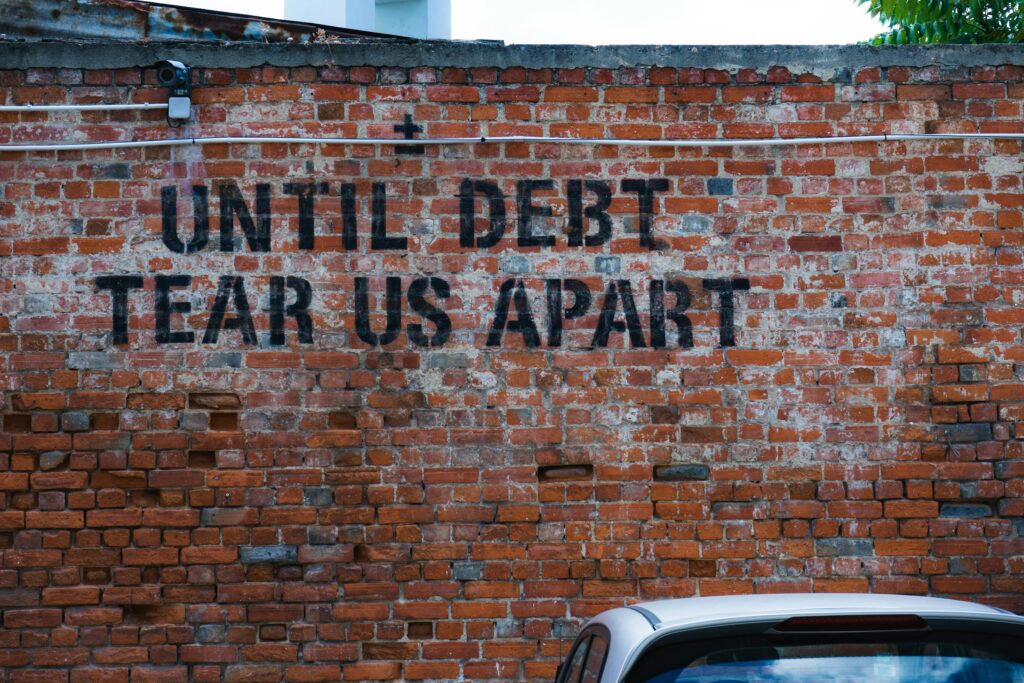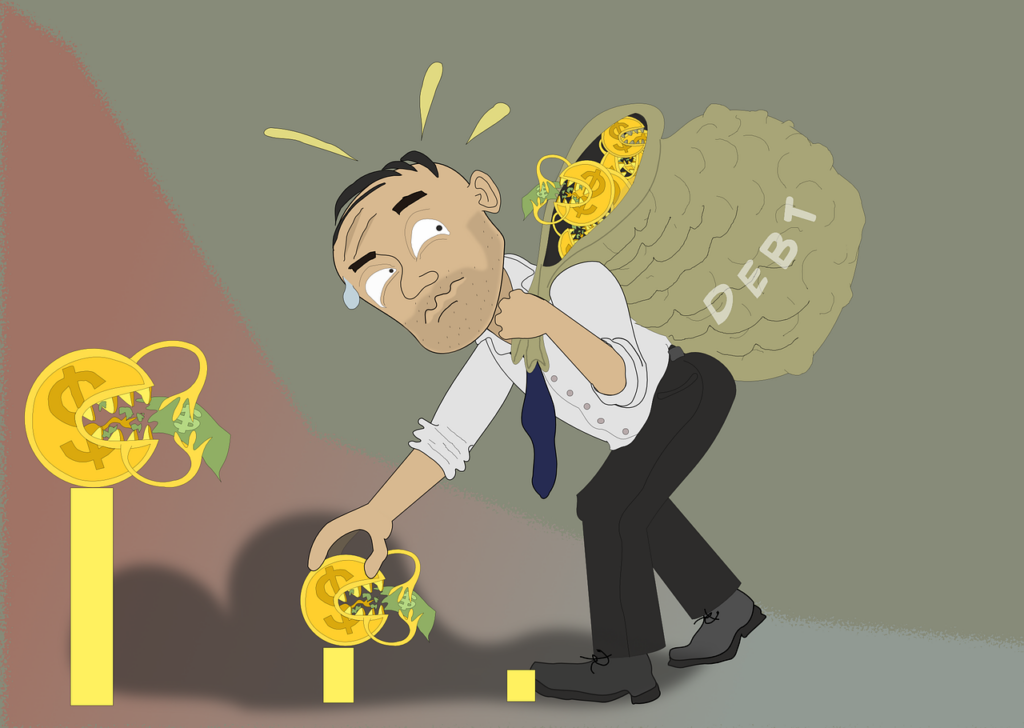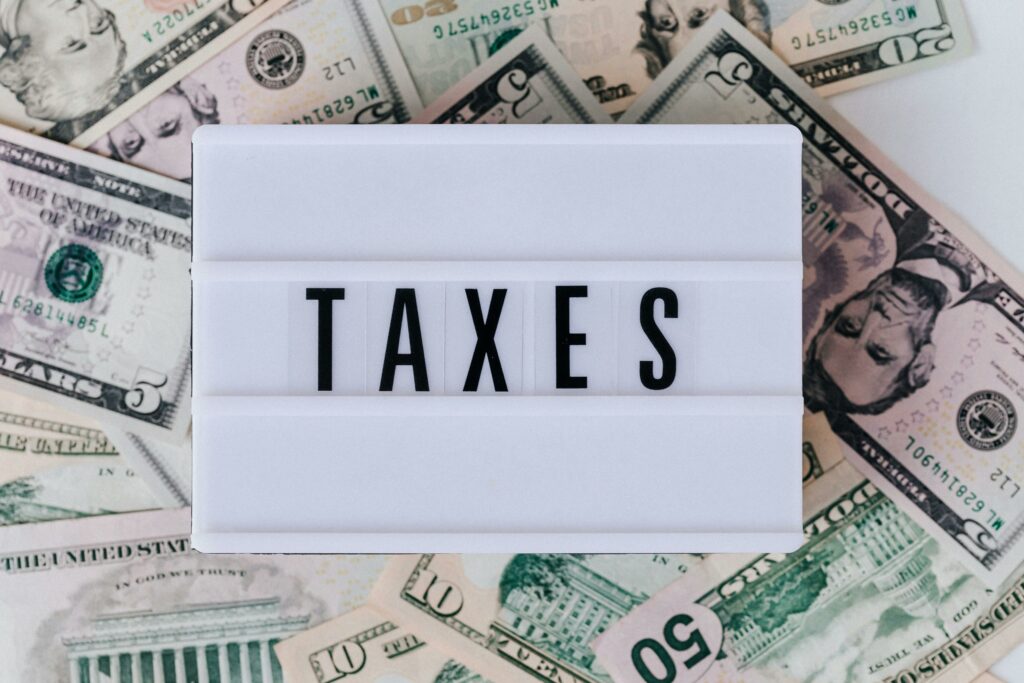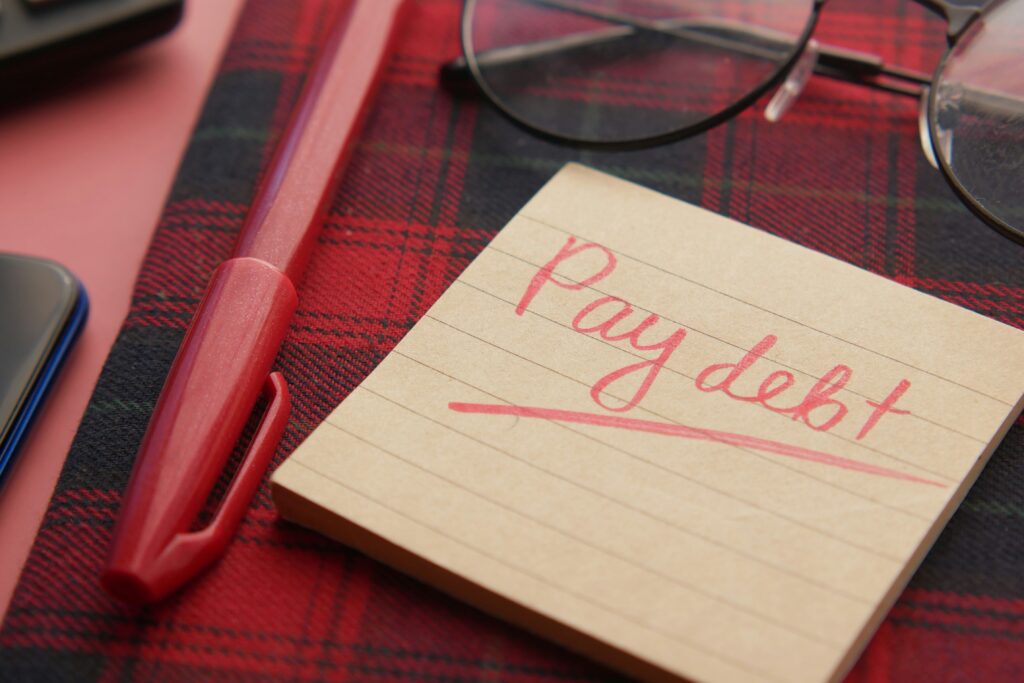Love our content? Show your support by following us — pretty please!🥺
FOLLOW ON PINTEREST
Hi! I’m Kate, the face behind KateFi.com—a blog all about making life easier and more affordable.
Struggling with debt feels a lot like being stuck on a treadmill going nowhere. Your payments barely touch the interest, your balances never seem to budge, and your stress levels? Sky-high. At some point, you start wondering: Should I go with debt settlement or debt consolidation? Which one will actually work?
Let’s break it all down—no jargon, no sugarcoating. Just real talk about the differences between debt settlement and debt consolidation, which one makes the most sense depending on your situation, and why CuraDebt might be the best ally in either path.
What Is Debt Consolidation?
Debt consolidation is like hitting the reset button on your debt. It involves rolling multiple debts (usually high-interest credit cards) into one new loan, ideally with a lower interest rate. This makes it easier to manage payments and may save you money in the long run.
There are a few common ways people consolidate debt:
- Balance transfer credit cards
- Debt consolidation personal loans
- Home equity loans or HELOCs
Instead of juggling five bills with different interest rates, you just pay one.
Pros of Debt Consolidation:
- One monthly payment (yay, less chaos!)
- Potential for lower interest rates
- Can improve credit score with on-time payments
Cons:
- Requires good credit to get the best rates
- You still owe the full amount of your debt
- No negotiation or reduction in principal
If you’re curious about how debt consolidation affects your financial strategy overall, check out The Ultimate Guide to Debt Consolidation: Save Money and Stress Less.
What Is Debt Settlement?
Debt settlement, on the other hand, is more like negotiating a peace treaty. You (or a company like CuraDebt) contact your creditors and try to settle your debt for less than you owe. Yes, really.
Instead of paying the full $10,000, for example, you might settle for $5,000—paid in a lump sum or a structured plan.
Pros of Debt Settlement:
- Drastically reduces your total debt
- No need for good credit to qualify
- Faster path to becoming debt-free
Cons:
- Can temporarily lower your credit score
- Creditors aren’t required to settle
- Potential tax implications on forgiven debt
We covered the nitty-gritty of settlement in What No One Tells You About Debt Settlement (Why CuraDebt Stands Out), and it’s a must-read if you’re serious about taking this route.
💡 Follow KateFi.com on Pinterest for:
- Frugal living hacks
- Budget-friendly meal ideas
- Creative side hustle tips
- DIY tricks that save you money
Which One Is Actually Better for You?
Let’s break it down by scenario.
If You Have Good Credit and Want Simplicity:
Go with debt consolidation. You’ll get lower rates, less payment chaos, and you’re still in good standing with your credit score.
If You’re Already Behind or Can’t Afford the Minimums:
Debt settlement is likely the smarter route. Especially if you’re:
- Getting collection calls
- Dealing with high interest credit cards
- Feeling like bankruptcy is the next step
In that case, check out how CuraDebt can help:
Their experts negotiate on your behalf to potentially slash your debt by 50% or more.
But Wait, What About Credit Scores?
This is the million-dollar question.
Debt consolidation can help your score if you make payments on time. It shows lenders you’re responsible.
Debt settlement might hurt your score at first. But over time, as you pay off debts and reduce your overall balances, it can actually improve your score. Credit Score Hacks offers smart ways to rebuild fast.
If you’re already in the red, your score’s taken hits anyway. Think of settlement as the triage that gets you stabilized.
Real Talk: Why People Choose Debt Settlement
If you can’t see a way out, debt settlement is sometimes the only path besides bankruptcy.
CuraDebt helps thousands of people:
- Avoid court judgments and wage garnishment
- Reduce their debts by up to 60%
- Get back on track within 24–36 months
Want proof? Here are some helpful success stories:
- From Panic to Progress: How CuraDebt Helped Me Stop Drowning in Debt
- How I Paid Off $20,000 in Debt With This One Simple Trick
- Is Debt Settlement Worth It in 2025? My CuraDebt Experience Explained
When Consolidation Can Backfire
Consolidation only works if you:
- Don’t rack up new debt
- Stay disciplined with payments
- Have decent credit
Otherwise, you’re just reshuffling debt around and falling into the same trap.
If this sounds like you, read No-Nonsense Guide to Paying Off High-Interest Debt for more context.
When Settlement Might Be a Lifesaver
If you’re missing payments and dodging calls, settlement is your way out. With expert help, you can negotiate with credit card companies and debt collectors for serious savings.
Let CuraDebt step in and advocate for you.
They’ve got:
- 20+ years of experience
- A+ BBB rating
- Free consultations
Don’t go at it alone. Their help could literally be life-changing.
Final Thoughts: Choose the Strategy That Fits Your Life
Debt consolidation and debt settlement aren’t enemies. They’re just tools in your financial toolbox. The best one depends on your specific situation.
If you have decent credit and just want to simplify, try consolidation. If you’re overwhelmed and need a lifeline, settlement—especially through a trusted partner like CuraDebt—might just be your smartest move.
💥 Click here to talk to a CuraDebt advisor for free and start slashing your debt today.
More Must-Reads to Boost Your Debt Strategy:
- 5 Debt Settlement Myths That Are Holding You Back (And Why CuraDebt Is Different)
- The Debt-Free Roadmap: Step-by-Step to Financial Freedom in 2025
- The 30-Day Financial Reset: How I Cleared My Debt and Boosted My Credit Score
- Debt Snowball vs Debt Avalanche: Which One Works Better?
Here’s to smarter strategies and stress-free finances. You’ve got this.
👉 Explore CuraDebt’s Program Now
Affiliate disclaimer: This post contains affiliate links. If you use them, KateFi may earn a commission at no extra cost to you. We only recommend what we truly believe in.






















